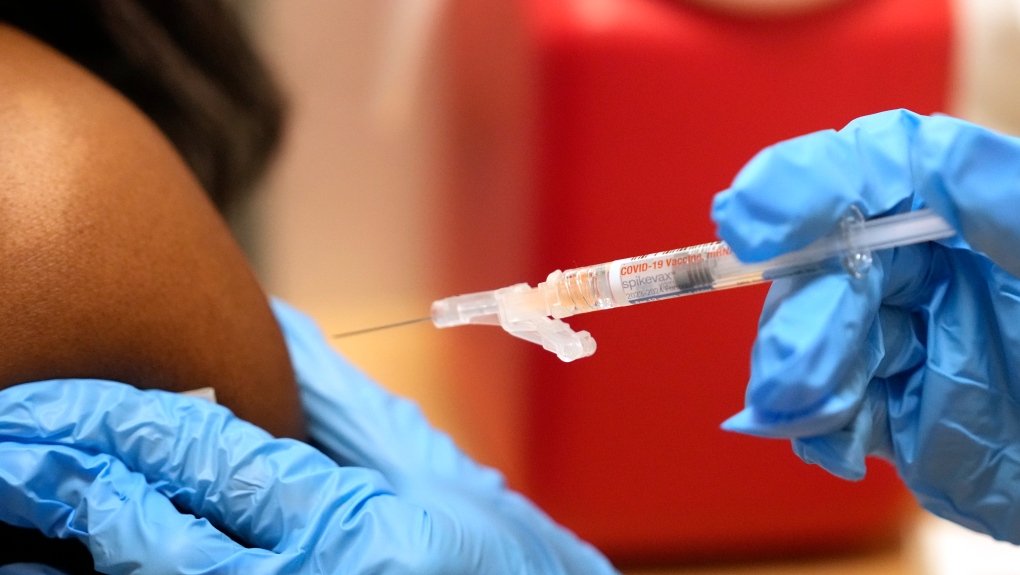We are in the middle of flu season, and a new variant of COVID-19 is making its way through Canada.
The XEC strain, a hybrid of Omicron’s subvariants KS.1.1 and KP.3.3, was first detected in Canada in mid-August, and the number of COVID-19 cases caused by the XEC variant rapidly increased.
The proportion of positive cases for the XEC variant was 18.9 per cent as of October 13, up from just 3.1 per cent of cases as of September 1, according to the latest data from Health Canada. The Omicron KP.3.1.1 variant has the highest number of cases. This accounts for 48.4 percent of all COVID-19 cases.
Isaac Bogoch, an infectious disease specialist at Toronto General Hospital, says it’s normal for the virus to mutate into different variants.
“Over the past almost five years, we have seen multiple variants,” Bogoch said. “This means the virus is changing as expected. I think it’s always difficult to predict the future if people are wondering what this actually means. “However, this winter will probably look very similar to last winter due to COVID-19.” “
Will the new vaccine prevent XEC?
Health Canada approved Pfizer-BioNTech’s latest coronavirus vaccine in September, and it is now available for use across the country.
However, it was developed before the XEC variant became widely available.
Bogoch said the latest vaccine was designed for the Omicron substrain called KP.2, which began circulating several months ago. While they may not be perfectly suited to combat the XEC strain, any new and updated vaccines more closely resemble the circulating coronavirus variants, he said.
“There’s always going to be an arms race as the virus mutates and we develop vaccines that adapt to it,” Bogoch said, adding that it’s very similar to the flu vaccine, which is updated every year. “Vaccines will never be perfect because they keep mutating.”
Bogoch said that since the pandemic, regardless of the vaccine or the active strain of COVID-19 in circulation, “all vaccines are particularly effective in reducing the risk of severe infection, including hospitalization and death. It has been of great service to the following people.” The most vulnerable.
“We don’t need a perfect match, but we know the vaccine is still very good.”
Bogoch said the days of mask mandates are past, but people can choose to wear masks indoors to reduce the risk of getting sick and, if possible, making others sick. He said people should stay home when they are sick to prevent the spread of illness.

